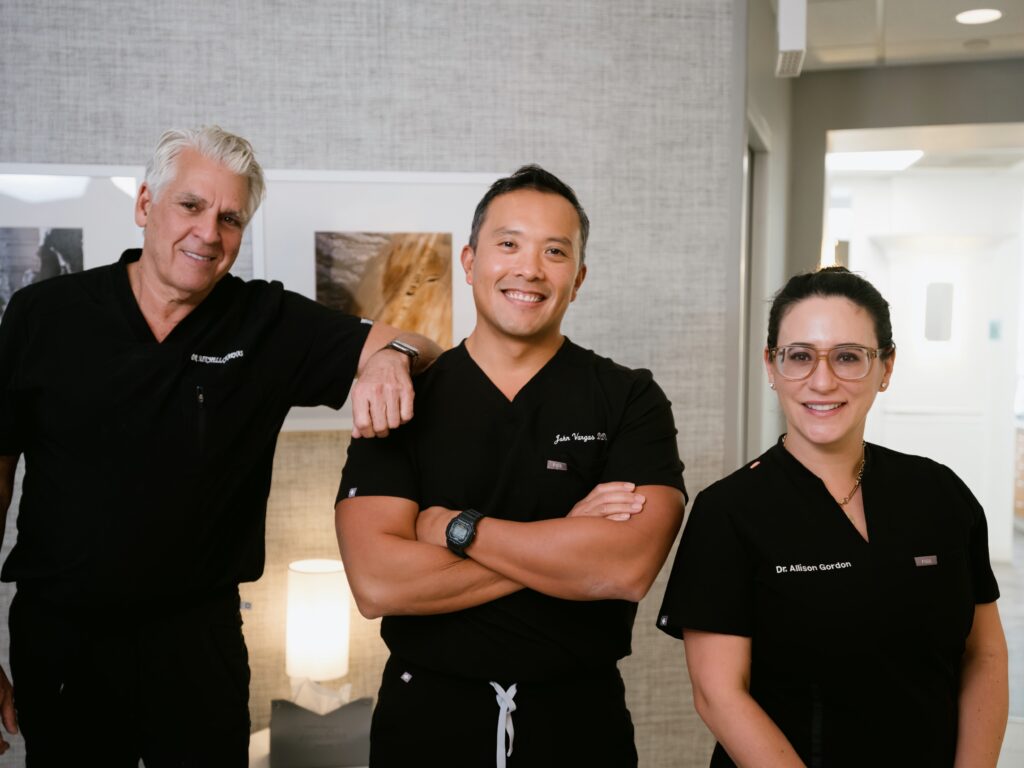Following a root canal procedure, proper aftercare is essential for healing and long-term success. Some mild discomfort and sensitivity are normal, but these guidelines will help ensure a smooth recovery.
📞 If you experience severe pain, swelling, or other concerns, call Manhattan Dental Spa at 212-683-2530.
Immediately After Your Root Canal
✔ No eating or drinking for at least 30 minutes to allow the temporary filling to harden properly.
✔ Avoid touching or feeling the treated tooth with your tongue, as this can disrupt the temporary filling.
✔ If anesthesia was used, wait until numbness completely wears off before eating to avoid accidental biting of your lips, cheeks, or tongue.
Pain Management & Swelling Control
✔ Mild discomfort is normal for 2-4 days and may last longer in some cases.
✔ If prescribed medications, have them filled promptly and take as directed.
✔ If no prescription was given, ibuprofen (Motrin, Advil) or acetaminophen (Tylenol) can help with discomfort and swelling. Follow dosage instructions carefully.
✔ Cold compress therapy: Apply an ice pack (with a cloth barrier) to the affected area for 20 minutes on, 20 minutes off, for the first 6-8 hours to reduce swelling.
💡 Severe pain, swelling, or persistent discomfort beyond a few days? Call our office immediately!
Eating & Chewing Guidelines
✔ Avoid chewing on the treated tooth until your permanent restoration (crown or filling) is placed.
✔ The temporary filling or crown is delicate—avoid hard, sticky, or crunchy foods (e.g., nuts, pretzels, hard candy, ice).
✔ Plan to see your restorative dentist within a month for a permanent crown or filling—waiting too long increases the risk of fractures or decay.
Oral Hygiene & Temporary Filling Care
🦷 Gently brush and floss as usual, unless instructed otherwise.
🦷 If your temporary filling becomes dislodged or falls out, contact your dentist as soon as possible.
🦷 If your temporary filling falls out after hours, you may purchase a temporary dental repair kit from a pharmacy to cover the area until your next visit.
Flare-Ups: What to Watch For
🚨 While rare (~5% of cases), flare-ups can occur, especially in teeth with severe infection or prior dental work. Symptoms may include:
✔ Moderate to severe pain or throbbing
✔ Swelling around the treated area
✔ General discomfort that worsens over time
💡 If you experience a flare-up, call us immediately. Additional medications (such as antibiotics) or follow-up treatment may be necessary.
📞 For any post-treatment concerns, call Manhattan Dental Spa at 212-683-2530.


